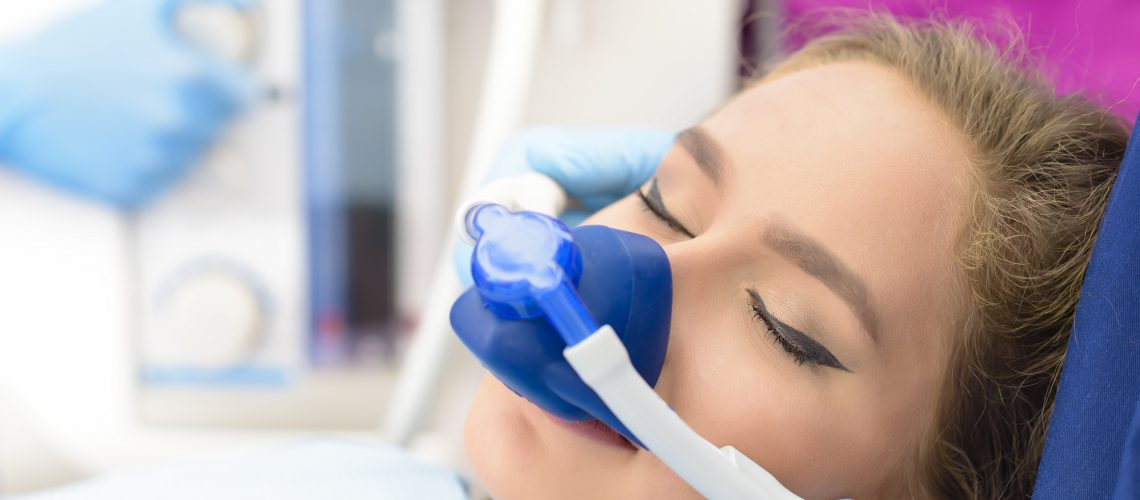Generally, the idea of having an operation sparks fear stemming from a horrible time in the past or simply having an imagination that won’t stop picturing a bad experience in the dentist’s chair. Too often, people put off critical dental procedures because the thought of surgery, for them, is a nightmare. Thanks to sedation dentistry, however, your next trip to the dentist’s office could be a dream, literally.
As clear as the choice of being sedated during surgery is for those with dental anxieties, not everyone is a candidate for this route. Take a look at the basic requirements for sedation dentistry, but start with a closer look at what this route entails.
What’s Considered Sedation Dentistry
Simply put, sedation is the use of one or more pharmacological agents to help a patient relax so that the dentist can effectively carry out the surgery. People often confuse it with putting individuals to sleep during the dental operation, but the definition of sedation dentistry spans more than general anesthesia.
Patients who undergo mild or moderate sedation may still be responsive during their procedure. They may react verbally and physically to the clues of the physician, though the dentist or the patients may opt for “deep sedation” or general anesthesia – as opposed to local anesthesia, minimal sedation or moderation sedation. Patients who undergo deep sedation describe the experience as taking a brief nap.
How do I Know if I’m a Candidate for Sedation Dentistry?
For all levels of sedation, the patient’s current condition and medical records will be key in determining if they’re a candidate for sedation dentistry.
Minimal – the dentist will review current health and records to ensure the patient is healthy enough for light sedation
Moderate – the dentist may need the opinion of the patient’s primary care physician to determine if an existing condition makes moderate sedation too risky
Deep – beyond current health and medical history, the dentist will need to make sure the patient is healthy enough to be put under, unsconscious, and will need to ensure the patient hasn’t consumed anything by mouth, food or liquids, leading up to the procedure.
The Takeaway
While you can get a general idea of whether or not you’re a candidate for sedation dentistry, the only true way to know is to consult with a dentist certified in the specialty by the American Dental Association or an office that has a certified nurse anesthetist on staff.
Schedule an appointment for a consultation today, get a definitive answer and learn more about your options.

